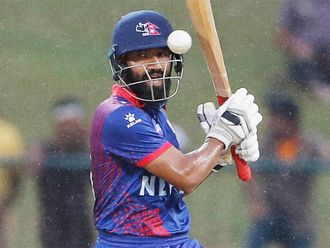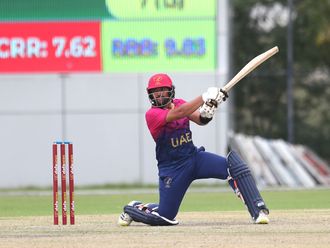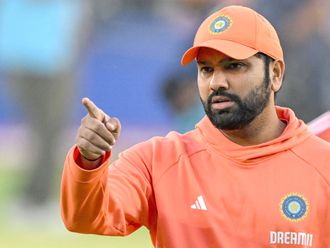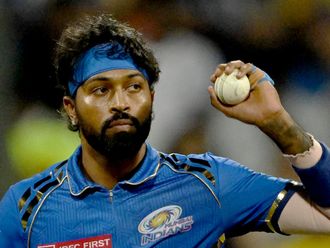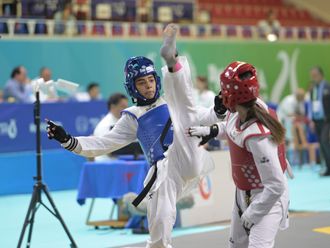Dubai: Time will only tell if India’s Shashank Manohar, the Chairman of the International Cricket Council (ICC), has really become the messiah of the cricketing fraternity, but Round One of his battle against his own board has certainly gone in favour of the administrator.
A few weeks after convincing the ICC board of taking the roadmap of a reworked revenue model — which will ensure a equitable distribution of revenue among the member nations — Manohar has now agreed to serve his full term until June, 2018.
“The International Cricket Council (ICC) today confirmed Shashank Manohar will continue to function as the Independent Chairman of ICC until the end of his elected term which is June 2018,” the ICC said in a statement.
After being persuaded by the ICC board, the 59-year-old lawyer has deferred his resignation, saying he will step down after the annual conference in June, by which time administrative reforms of the governing body would be complete.
ICC conference
It was only in March that Manohar, a two-time former president of the Board of Control for Cricket in India (BCCI), stepped down from his ICC role citing personal reasons, but his success in initiating the reworked revenue model is seen in most quarters as a ‘moral victory’ for his plan.
The decision will have to be ratified at the ICC’s annual conference in June, but the BCCI was left red-faced after being outvoted 13-1 in favour of the rollback.
Based on forecast revenues and costs, BCCI would now receive $293 million (Dh1.08 billion), with an additional $100 million on offer, across the eight-year cycle, ECB $143 million, Zimbabwe Cricket $94 million and the other seven Full Members $132 million each. The governing body of the game scored the brownie points when India ended their brinkmanship by agreeing to take part in the ICC Champions Trophy last Sunday, changing their stance after contemplating a pullout from the prestigious event following them being outvoted in the last ICC meeting.
Observers see a major victory for Manohar on both counts, who had initiated the rollback of the controversial ‘Big Three’ model as result of the which the BCCI, ECB and Cricket Australia were getting the lion’s share of the revenue generated from international cricket.
BCCI protested against this move, but Manohar used his clout and negotiation skills to get England and Australia on board in favour of the revenue model.
The earlier model was a brainchild of N. Srinivasan, Manohar’s predecessor at the ICC and a sworn enemy.
The animosity began when in November 2015, BCCI, under the presidentship of Manohar, decided to recall then-ICC chairman N. Srinivasan from the world body and nominated Manohar as the next chief. The move cleared the decks for Manohar’s switch from BCCI to ICC and his subsequent election as the independent chairman.
The last may still not have been heard on the power struggle.



